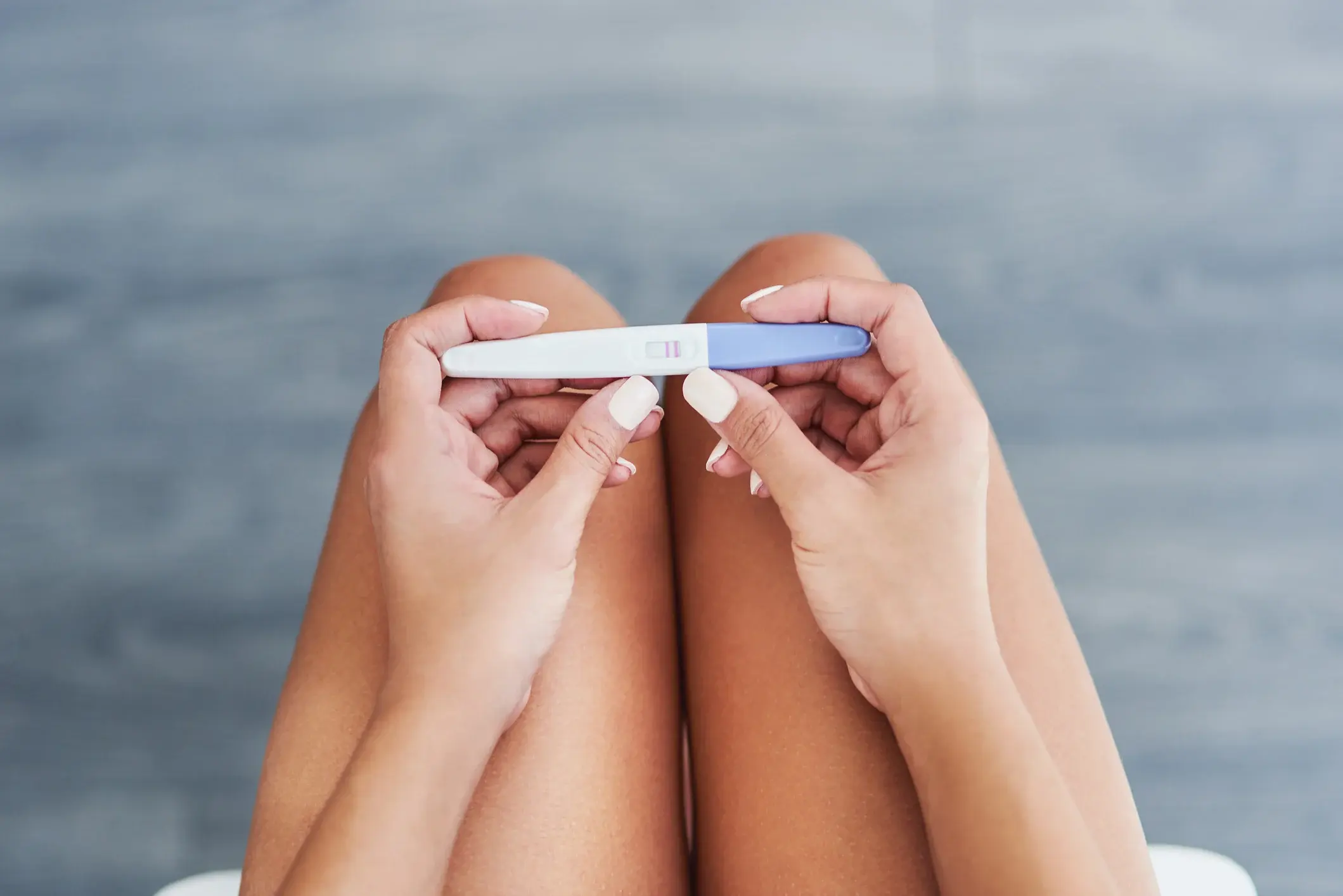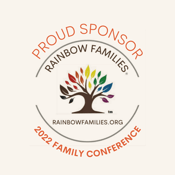
Many women wonder whether it’s possible to conceive naturally after undergoing egg retrieval, whether for IVF or as an egg donor.
The good news is that a natural pregnancy after egg retrieval is fairly common. For most, fertility returns to normal within a few weeks, and in some cases, ovulation resumes quickly enough to allow for spontaneous conception.
In this article, we’ll explore what a natural pregnancy after egg retrieval really means, how soon it can happen, what factors influence your chances, and when to speak with a doctor. Whether you're considering egg donation, recovering from IVF, or simply planning your next steps, understanding your body’s natural fertility timeline is essential.
Yes, you can absolutely get pregnant naturally after egg retrieval, whether you’ve donated eggs or undergone the procedure as part of IVF.
The egg retrieval process does not damage your long-term fertility.
In the weeks immediately after retrieval, your body may actually be temporarily more fertile due to elevated hormone levels. However, it’s important to follow your doctor’s guidance on when it’s safe to resume intercourse or try to conceive, as your reproductive system needs time to stabilize.
One of the most commonly asked questions is whether donating eggs will hurt a woman's supply, leaving her with fewer eggs when she wants to have a child of her own. Although there are risks to every medical procedure and we encourage you to speak with a physician first, the short answer is no.
When a woman reaches puberty, there are about 300,000 eggs in her body. Of those, only about 400 eggs will be ovulated throughout her life. During each menstrual cycle, about 15 eggs begin to mature. Of those, only one will be ovulated, and the rest essentially die.
All of those eggs are matured and harvested in the egg donation process. This means that after donation, a donor's egg reserve has the same amount of eggs it would have had if the donor continued a regular ovulation cycle. So, the egg donation process does not take any more eggs than your body would typically lose naturally.
Research has shown that a woman's fertility levels return to normal one to two months after donation. However, in the one to two months immediately following donation, fertility levels are actually heightened.
Egg donors go through a process called ovarian stimulation in which a series of hormone injections allow their bodies to prepare for the retrieval of the eggs. The hormones stimulate the ovaries, allowing multiple eggs to be produced at once, making the body more susceptible to becoming pregnant.
This means a woman's chance of getting pregnant is higher right after donating eggs. The egg donor will receive instructions for navigating this time and determining when she is comfortable resuming sexual intercourse.
During the donation process, women are given an elevated level of estrogen to help more eggs mature than in a normal ovulation cycle. Although there are several short-term side effects to consider, including mild bruising and soreness at the injection site, nausea, allergic reactions, and mood swings, there are a variety of studies that show there are no long-term side effects.
This is because the medications boost a woman's hormones as she's taking them. When a woman stops taking the medication after she donates the eggs, the extra hormones leave her body, and her ovulation cycle returns to normal.
It is normal to have concerns when taking any medication. Everyone's body is different, so it's best to consult your doctor about any potential side effects associated with the medication.
While many women can conceive naturally after egg retrieval, certain factors can influence how quickly and successfully that happens.
Age is one of the most important predictors of natural fertility. Women under 30 generally have a higher ovarian reserve and better egg quality, which can increase the likelihood of spontaneous conception after egg retrieval. Those over 35 may experience a slower return to regular ovulation or reduced egg quality.
If egg retrieval was part of an IVF cycle, your underlying reason for treatment matters. For example, women with unexplained infertility or mild endometriosis may have higher chances of conceiving naturally than those with blocked fallopian tubes or severe ovarian dysfunction.
After retrieval, your hormones gradually return to baseline. Some women ovulate again within 2–3 weeks, while others may take a full cycle or two. If your cycle doesn’t resume within 6–8 weeks, it’s worth checking in with your doctor.
If you're trying to conceive naturally after retrieval, timing matters. Tracking ovulation through temperature, LH strips, or cervical mucus can help increase your chances of success.
Body weight, stress levels, sleep, alcohol use, and overall health all play a role in your reproductive function. Optimizing these factors may improve natural fertility following any medical intervention.
Some women experience mild ovarian hyperstimulation syndrome (OHSS), which can delay natural ovulation. Allow your body time to rest and heal before actively trying to conceive.
Note that less than 1% of women experience severe OHSS.
Deciding whether to donate eggs is a big life decision, and it should not be made lightly. Women should consider all aspects of the process before deciding whether it's right for them. However, it's important to note that choosing to donate your eggs to help start someone else's family typically does not mean you won't be able to start your own in the future.
Should you decide to become a donor, our team is ready to support you every step of the way and provide more information about any concerns you have. . For more information on how to make the donor cycle run smoothly, check out these tips.
These Stories on Egg Donation - For Donors

.png?width=150&height=150&name=Open-Door-Badge_Beyond-Inclusion-LGBTQ-101%20(1).png)

